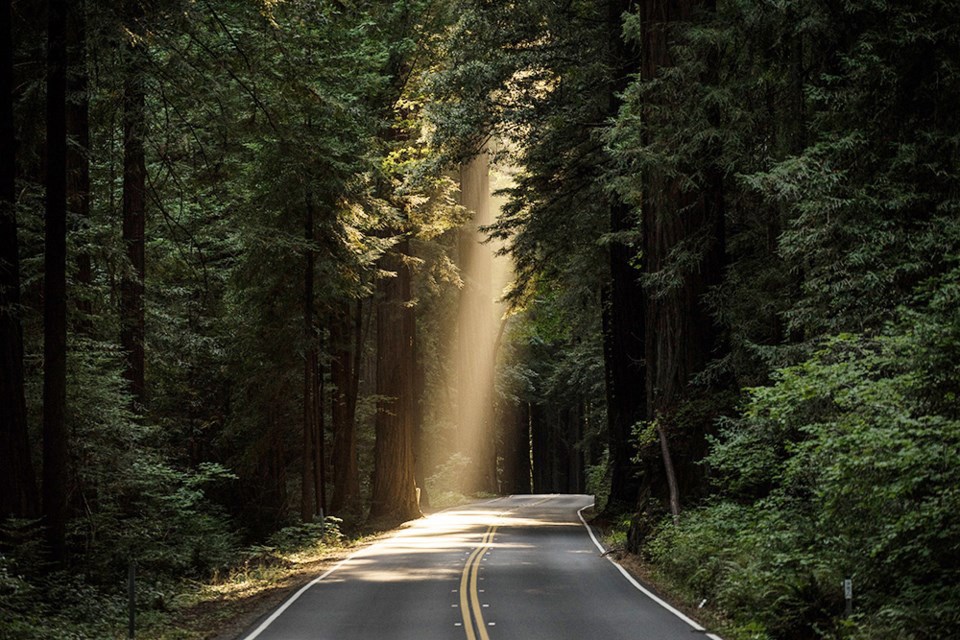A pair of Port Moody councillors wants assurance new regulations for housing density mandated by the provincial government don’t turn urban areas into barren concrete wastelands.
Couns. Amy Lubik and Kyla Knowles say the protection — or even expansion — of existing tree canopies should be built into the legislation that took effect Dec. 7, 2023.
The new rules permit three to four homes to be built on lots zoned for single-family residences or duplexes in urban communities with more than 5,000 people and up to six housing units on larger lots close to transit stops with frequent service.
In a motion to be presented to council tonight, Feb. 13, Lubik and Knowles said the legislation shouldn’t just ensure adequate housing but must also allow for healthy green spaces where residents can connect with their neighbours, “provide a sense of community and also protect from extreme weather events.”
At the very least, they said, allowance must be made in the legislation for local policies to ensure “development will be done in a way that adequately supports climate-resilient communities or healthy urban forests.”
Last September, Port Moody council approved an urban forest management strategy aimed to boost the city’s tree canopy to 59 per cent over the next 26 years from its current 58 per cent.
That compares to 30 per cent coverage in Vancouver and 27 per cent in New Westminster.
In a report, project manager Chad Siemens said “the urban forest plays a vital role in creating a healthy and sustainable urban environment for the Port Moody community.”
But, said Lubik and Knowles, promoting the construction of more homes on single-family lots “could have unintended consequences for the health and livability of our communities,” especially the retention of mature trees and healthy urban forests.
The councillors said not only is a healthy urban forest beneficial to residents, it also helps manage the impacts of climate change like heat domes and flooding from atmospheric rivers.
If their motion is approved by council, a resolution calling for revisions to the housing legislation to include tree protection, tree canopy expansion and climate resilience would be submitted to the Lower Mainland Local Government Association (LMLGA) and the Union of BC Municipalities for consideration at their conventions in May and September, respectively.



